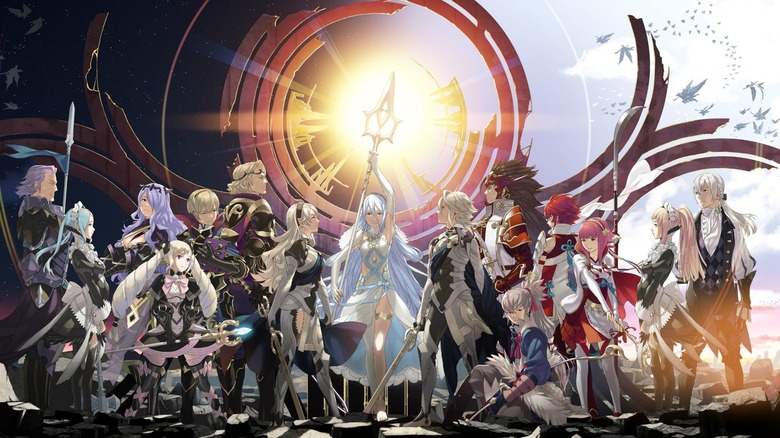Former Blizzard Producer Makes Bold Censorship Claims
Ex-Blizzard Producer Mark Kern, who worked with the company on such titles as Diablo 2 and Starcraft, sparked a bit of debate on Twitter yesterday. Kern responded to a tweet concerning the English-language dub of the anime series Miss Kobayashi's Dragon Maid, in which a fan was concerned by the dialogue being changed from a innocuous comment about clothes to a statement about gender politics.
Kern's response read: "This has been going on in game and anime for years. 'professional' translators insisted they were just doing a cultural adaptation and matching lips. In fact they were injecting their own writing into it, disrespecting the original culture and creators. Respect the work!"
This is certainly a debate that has been going on for some time, particularly in recent years. When games and other entertainment go through a process called "localization" — in which they are prepared for sale in a country or region different from their original release — they are typically altered in some ways, both big and small. In 2017, several sequences were removed from the Western release of Fire Emblem Fates that may have been seen as problematic by audiences outside of Japan. Though Nintendo released a statement at the time claiming that they change aspects of games in localization "in order to make [them] appropriate for that particular territory," it raises the larger question of whether or not it's up to the publisher to decide what is appropriate for their audience.
Matt Roszak of Kupo Games weighed in on Kern's tweet, writing, "I've got some guidelines, but I mostly let my translators change things if they want to ... You can't do translation without losing anything, so I don't care about that." However, Kern's point still stands that there's a difference between changing a line to make sense culturally and altering the dialogue to the point where the original writers' intent is completely lost.
In a recent chat with Game Informer, Sam Mullen of Sega/Atlus explained his stance on the matter.
"[O]ur intention is to have users react emotionally in the same way that the original creator intended," Mullen said. "So if the creator was not intending the user to have some kind of visceral reaction to this content, but if we leave it as-is and they'll have a reaction to it, well then we're kinda not really doing our job. That's the whole thing, find this perfect space in-between where all parties are being addressed."
This certainly would make the process seem like a much more delicate balancing act than Roszak's comments suggest, so there is also a clear difference in how various company approach localization.
This will likely continue to be a debate for as long as games and television shows are being localized for different audiences, but it's always important to hear people within the industry air their grievances or voice their support for particular practices.

